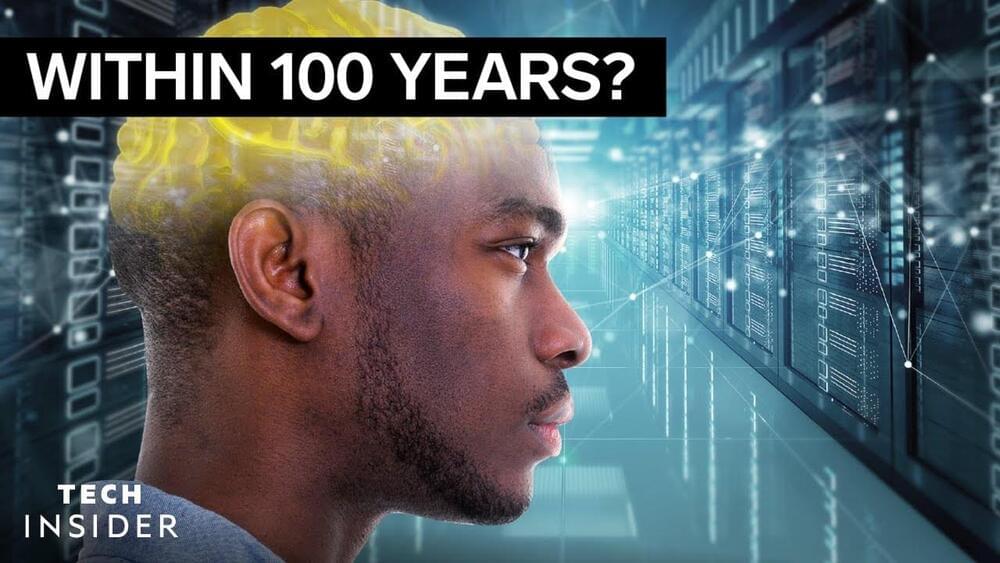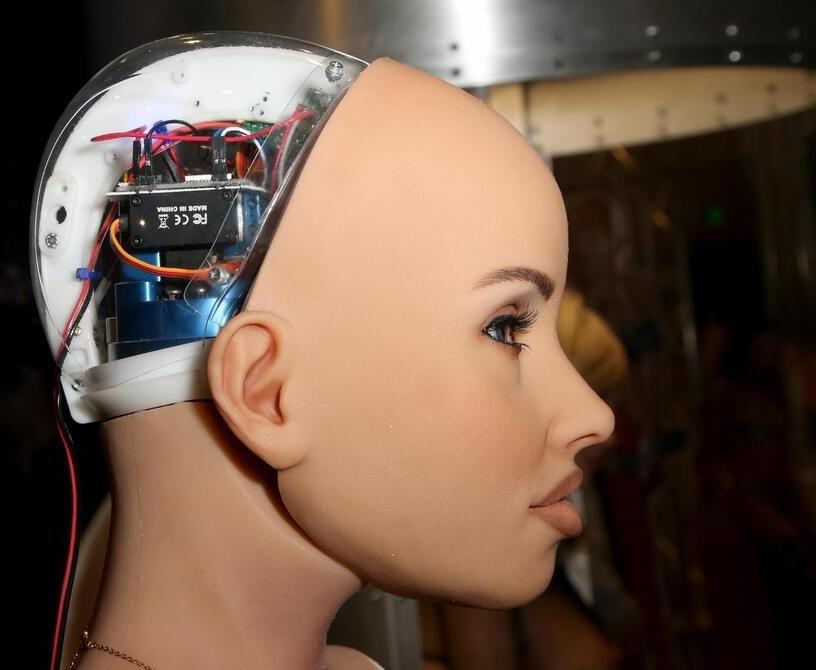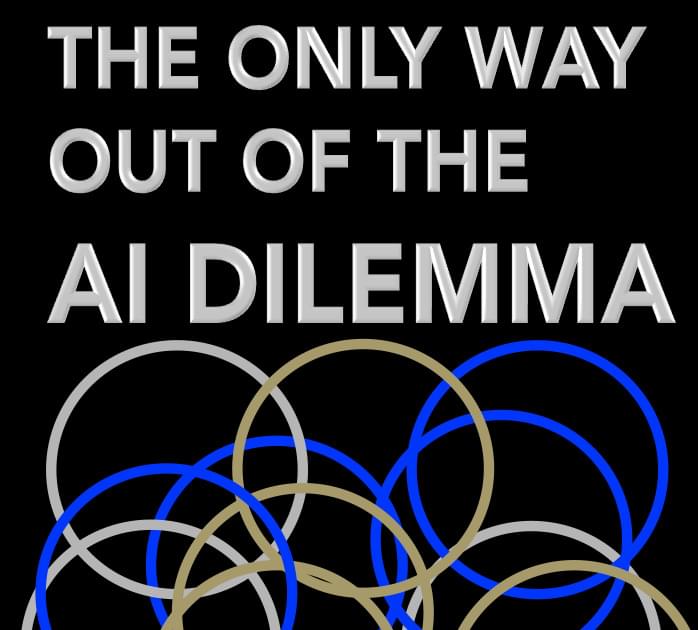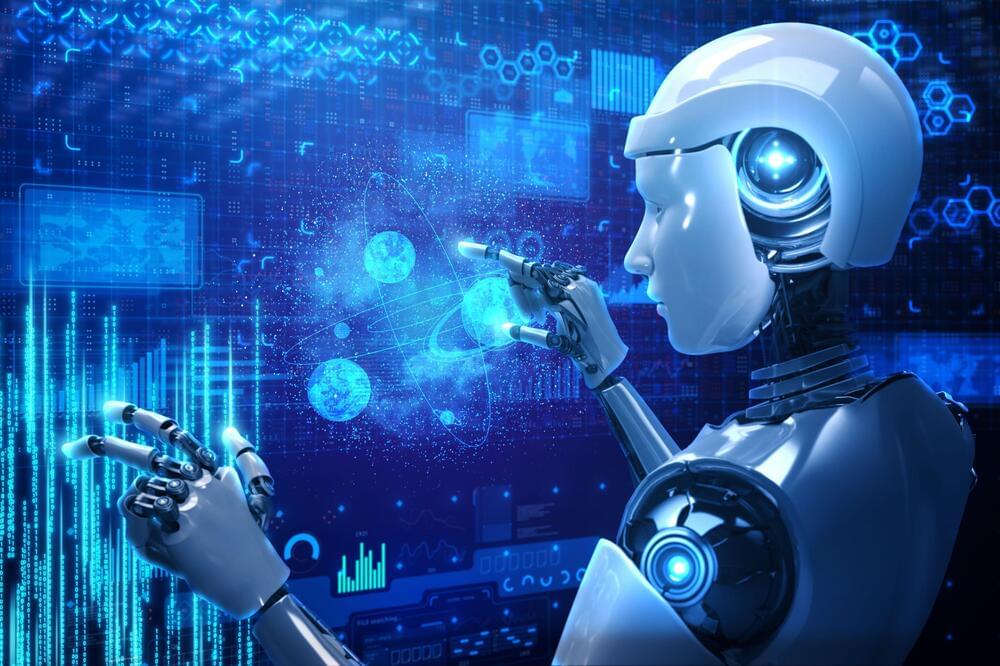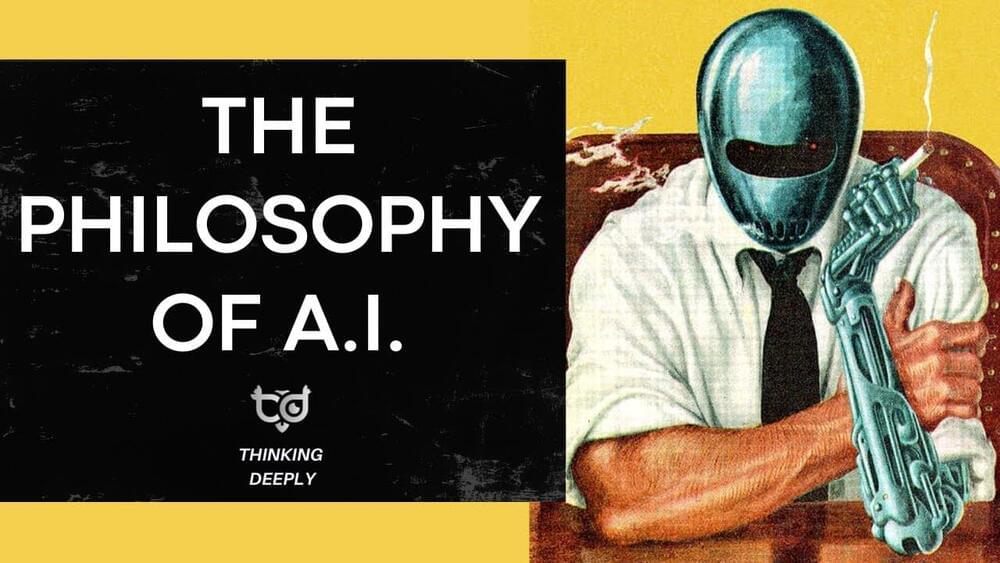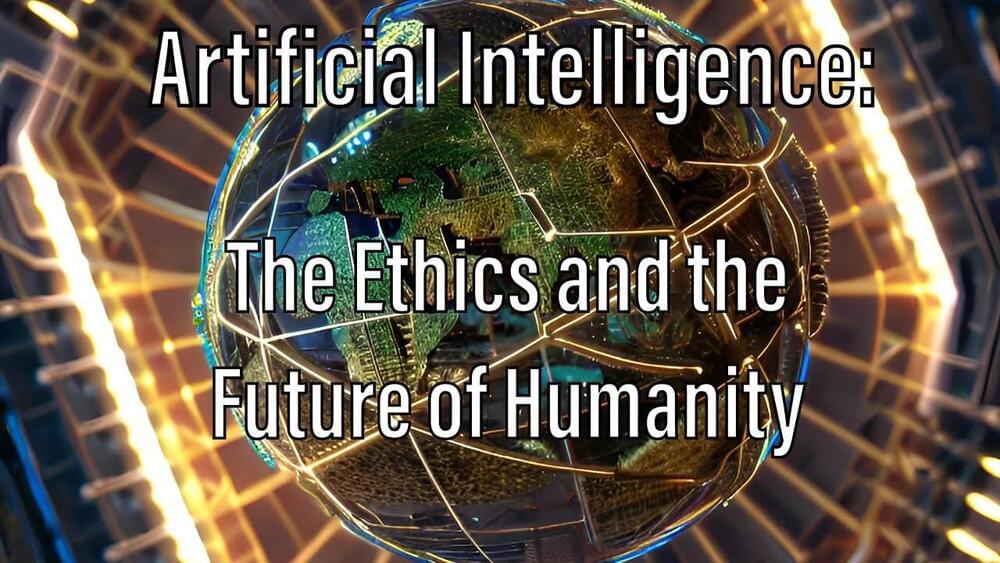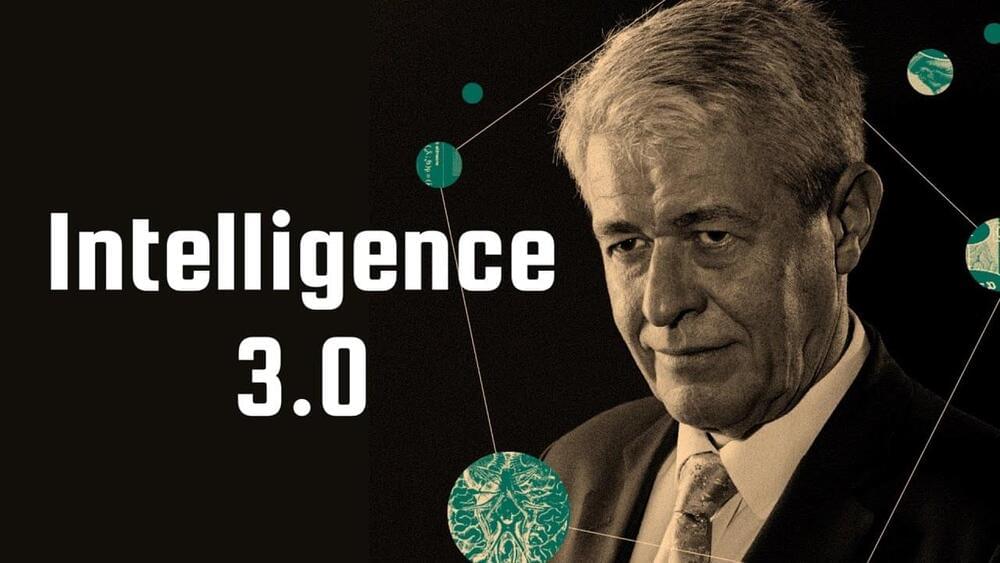Apr 18, 2023
Ethics and Rights for AI Artwork
Posted by Kelvin Dafiaghor in categories: ethics, law, robotics/AI
By Cheryl Gallagher Cultural and Creative Content Specialist
In the news recently, the US Copyright Office partially rescinded copyright protections for an article containing exclusively AI generated art. It was a landmark decision that is likely just the beginning of a long legal and ethical debate around the role, ethics, and rights of Artificial Intelligence in today’s global society — and tomorrow’s interplanetary one.
AI artworks are currently being denied copyright protection because copyrights only protect human generated work, and in the Copyright Office’s current opinion, the “artist” does not exert enough creative control over the output of the program (i.e., just using a written prompt to generate an image does not constitute a copyrightable work, as the program generated it, not the human involved). At least some AI generated images are considered to have enough human “involvement” to be copyrightable, but more direct working with the imagery is required.

